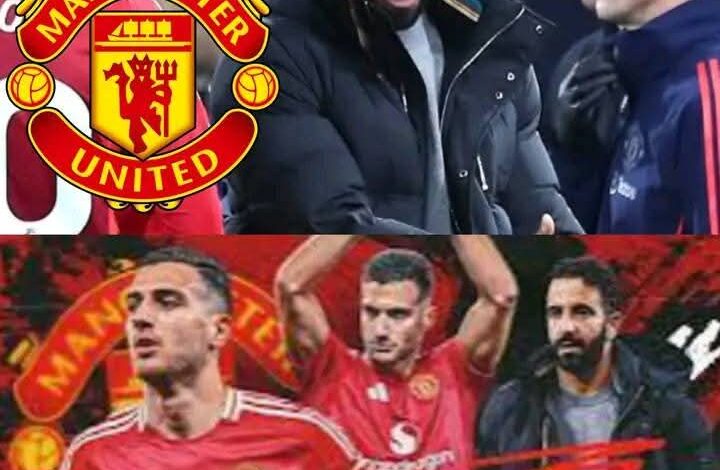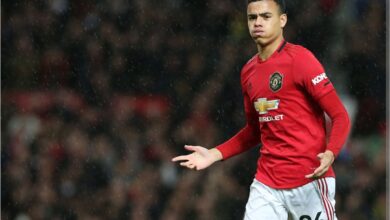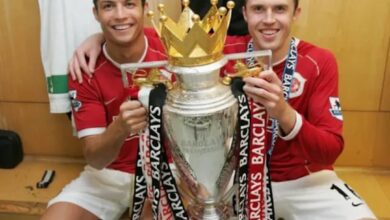This is something we all knew since, but we all kept quiet. Now our silence is coming back at us so bad, it’s killing our status. Diogo Dalot is not a wingback and the sooner Ruben Amorim understands this, the better for Man United He needs a quick replacement, bit Ruben isn’t ready to make an effort.

Diogo Dalot Is Not a Wingback—Ruben Amorim Must Accept This for Manchester United’s Success
Manchester United mounted a dramatic second-half comeback against Everton, securing a hard-earned point at Goodison Park on Saturday. While the result demonstrated resilience, it also highlighted tactical vulnerabilities—particularly on the right flank.
From the outset, Everton played with greater intensity, dominating duels and winning second balls, leaving United struggling to establish control. The Red Devils looked disorganized and lacked urgency, a problem that left manager Ruben Amorim visibly frustrated during the first half.
One of the most concerning performances came from Diogo Dalot. Deployed as a wingback, the Portuguese defender once again showed that this role does not suit his strengths. If Amorim wants to get the best out of United, he must acknowledge this and make adjustments before it costs the team crucial points.
Dalot’s Struggles Are Evident on Both Flanks
Initially, when Dalot was used on the left, many assumed his subpar performances were due to being played out of position. However, even after returning to his preferred right side, his struggles have persisted.
His defensive misjudgment played a key role in Everton’s opening goal. Instead of clearing a dangerous ball, he attempted to control it with his thigh, creating chaos in the box and ultimately allowing Beto to capitalize on United’s defensive frailties. This moment was just one example of the indecisiveness that continues to plague his game.
On the attacking front, Dalot was equally ineffective. Despite being deployed as a wingback, he failed to deliver a single cross throughout the match. Meanwhile, Patrick Dorgu, operating on the opposite flank, attempted four. Dorgu looked confident and direct, whereas Dalot repeatedly opted for safe back-passes, reflected in his misleadingly high 91% pass completion rate. The numbers tell the full story—zero crosses, zero dribbles, zero shots. For a player expected to provide width and attacking support, these statistics are worrying.
United Must Strengthen the Right Flank
In Amorim’s tactical setup, wingbacks play a crucial role in stretching the opposition and providing width in attack. Unfortunately, Dalot does not meet these requirements. He lacks the defensive solidity to anchor the flank and the attacking ability to contribute meaningfully in the final third, leaving United exposed on the right side.
If Manchester United hope to compete at the highest level, this issue needs to be addressed urgently. While Dalot may be a serviceable traditional full-back, he does not fit into Amorim’s wingback system. The manager must recognize this and reinforce the position before United drop more valuable points.
This debate surrounding Dalot has been ongoing—while he possesses some strengths, he simply does not function effectively as a wingback. Amorim’s system demands aggressive, attack-minded wide players, and Dalot’s conservative approach and defensive inconsistencies continue to hold United back. If he struggles even in his natural position, that raises serious concerns.
The real question is, will Amorim persist with him out of necessity, or will Manchester United finally invest in a proper right wingback? If the club is committed to this system, Dalot cannot be the long-term solution. Should United bring in a specialist or adapt their tactics to
fit the current squad?




